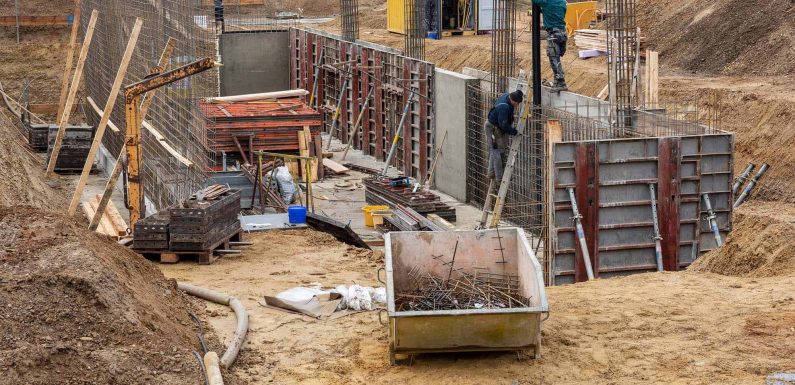
In construction projects, temporary works are often as important as permanent structures. These include scaffolding, shoring, bracing, excavation supports, and other short-term solutions that keep workers safe and ensure stability during building. Designing and overseeing these systems requires the expertise of a temporary work engineer, whose role is to ensure safety, compliance, and efficiency.
One of the most common questions contractors and property owners ask is: How much does a temporary work engineer cost? The answer depends on several factors, from project complexity to location.
What Does a Temporary Work Engineer Do?
Before we talk about cost, it’s important to understand the responsibilities of these engineers. A temporary work engineer is responsible for:
- Designing safe, effective temporary structures such as scaffolds, excavation shoring, and formwork.
- Ensuring compliance with local building codes and safety regulations.
- Inspecting and certifying temporary works before construction proceeds.
- Coordinating with contractors to reduce risks and delays.
Without their expertise, projects risk safety hazards, regulatory issues, and costly mistakes.
Factors That Affect the Cost of a Temporary Work Engineer
1. Type of Temporary Work Needed
- Simple scaffolding or trench shoring designs are less expensive.
- Complex projects involving large excavation supports, tower cranes, or heavy load-bearing systems cost more due to the engineering calculations involved.
2. Project Size and Complexity
Larger projects with multiple phases require more time, site visits, and calculations.
3. Location
Costs vary depending on regional construction standards, labor rates, and accessibility of the project site.
4. Level of Involvement
Some engineers are hired just to design and sign off on temporary works, while others remain involved throughout construction for inspections and supervision.
5. Experience and Reputation
Highly experienced engineers may charge higher fees, but they also reduce risks by ensuring accuracy and compliance.
Typical Cost Ranges
While prices vary, here are some general guidelines:
- Basic temporary works designs (e.g., small scaffolds, light shoring): $1,500 – $3,500.
- Medium complexity projects (e.g., multi-level scaffolds, retaining structures): $5,000 – $10,000.
- Large-scale or highly complex projects (e.g., deep excavation supports, heavy bracing systems): $15,000 and up.
Hourly rates for temporary work engineers typically range from $100 to $250 per hour, depending on experience and region.
Why Investing in Temporary Work Engineers Pays Off
While hiring an engineer may seem costly, their input can actually save money in the long run by:
- Preventing accidents that could cause injuries, delays, or lawsuits.
- Ensuring compliance to avoid fines or stop-work orders.
- Designing efficient temporary systems that reduce material and labor costs.
- Minimizing project delays caused by unsafe or inadequate temporary works.
Trusted Specialists in Temporary Works
Many contractors and developers turn to professionals like NadeauSDM temporary work engineer services, valued for their expertise in designing safe, efficient, and cost-effective temporary solutions. Their experience ensures projects move forward without unnecessary risks or delays.
Final Thoughts
The cost of a temporary work engineer varies depending on project type, complexity, and scope, but it’s always an investment in safety and efficiency. By ensuring that temporary structures are designed and certified correctly, these engineers protect workers, reduce risks, and keep construction on track.

